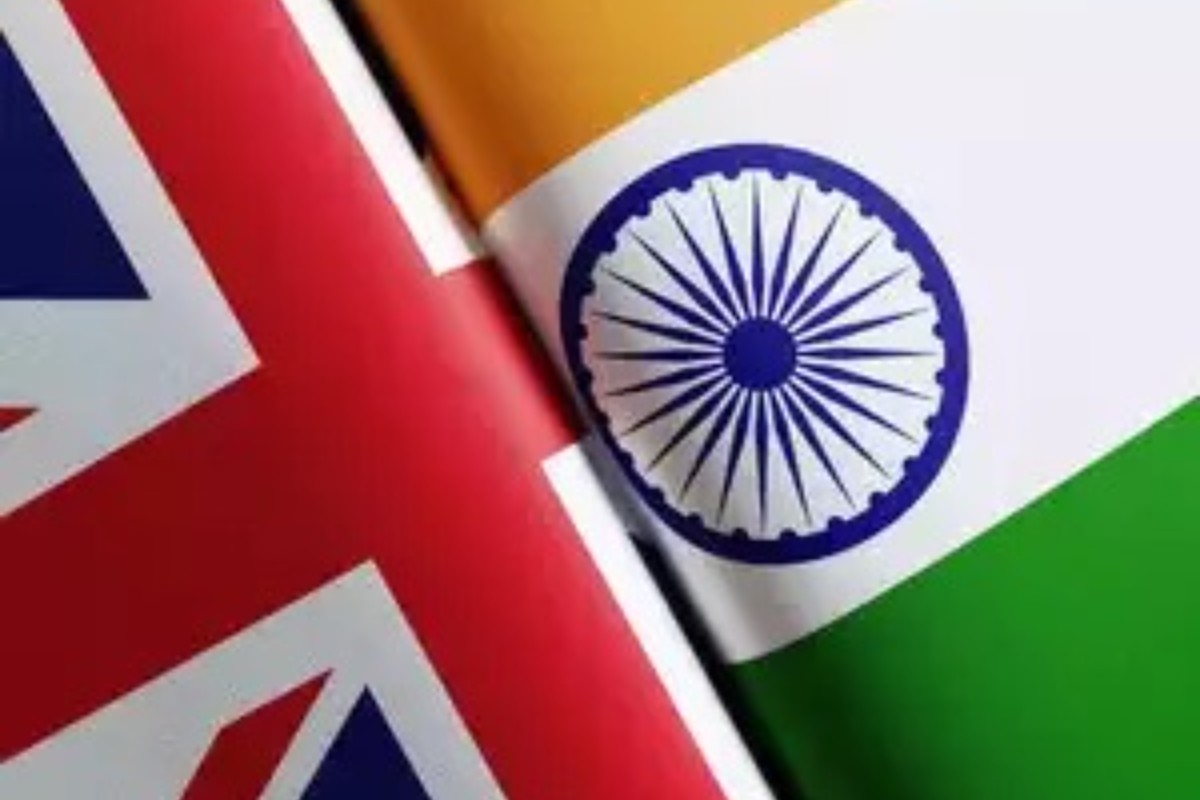
Representative Image
As India and the UK navigate trade negotiations, conciliatory measures are emerging, indicating potential progress. Reduced tariffs on British goods and eased visa rules for Indian professionals are among the areas of agreement. These talks, aimed at boosting bilateral trade by 2030, hold implications for both nations’ economic agendas.
Amid the looming prospects of national elections, India and the UK are finding common ground in their trade discussions.
Both nations are demonstrating flexibility, exemplified by New Delhi’s commitment to lower tariffs on British automobiles and scotch whisky, and the UK’s willingness to consider select visa rule adjustments for Indian professionals.
These developments come as Prime Minister Narendra Modi and his British counterpart Rishi Sunak strive to elevate bilateral trade.
Catalysts for Progress: Diplomatic Maneuvers
The aspirations of doubling bilateral trade by 2030 have ignited strategic maneuvers by Indian and British officials.
As both governments aim to conclude the trade talks by the year-end, deliberations have assumed a constructive trajectory.
The UK’s inclination to align with India’s standards on environment protection and labor, particularly for micro, small, and medium-sized businesses, underscores a step forward in negotiations.
Trade Deal: Pathway to Ambitious Goals
For India, securing a comprehensive trade agreement holds the promise of realizing its vision as a manufacturing powerhouse.
Simultaneously, the UK’s pursuit of new trade pacts seeks to emphasize the post-Brexit advantages.
The discussions’ significance is poised to reach new heights as Prime Minister Modi and Rishi Sunak convene for the Group of 20 summit in New Delhi.
As the negotiations intensify, both nations tread carefully on sensitive matters, particularly visa rules.
India’s aspirations for increased access for its citizens need to align with the UK’s post-Brexit stance on immigration control.
Talks revolve around potential time-limited business visas for highly skilled workers, a crucial point of discussion in the context of evolving geopolitical dynamics.
Toward a Game-Changing Agreement
The potential culmination of this accord bears immense significance, representing India’s most substantial and ambitious free trade agreement to date.
This development comes amid global expectations for India to act as a counterbalance to China’s rising economic and military influence, positioning the country as a pivotal player in shaping regional stability.
Inching Forward: Subtle Steps Amid Challenges
Despite earlier missed deadlines and the hesitance to set new ones, India and the UK are making progress in their trade deliberations.
Commerce Minister Piyush Goyal’s recent visit to Britain lent political impetus to the negotiations, bolstering their momentum.
Concurrently, discussions on an agreement that could facilitate the recovery of funds paid by Indians toward Britain’s social security system are underway, exemplifying multifaceted negotiations.
The focus of current discourse revolves around devising import duty reduction criteria and India’s proposal for an investment protection treaty.
However, complexities persist, with differences arising over the contours of the treaty promoting reciprocal investment protection.
Issues surrounding local judicial remedies before international arbitration initiation remain points of contention.

















